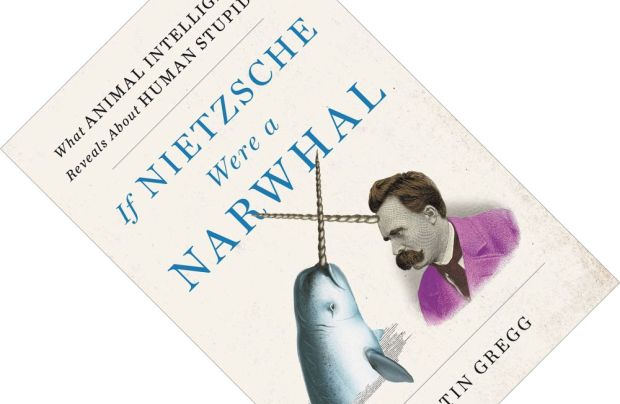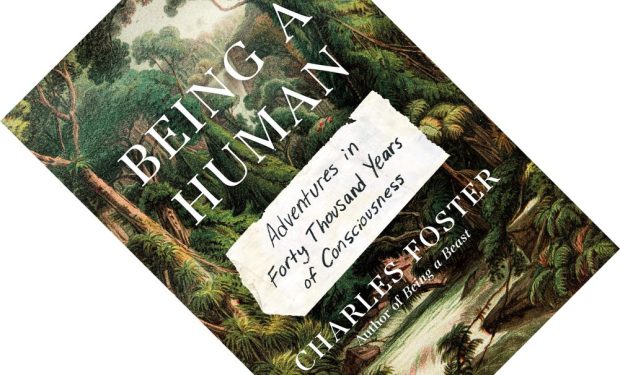8-minute read
keywords: evolutionary biology
This is the second of a two-part review where I am revisiting the idea that evolution by natural selection is not a process that will always result in perfect adaptations. I first touched on this back in 2019 when reviewing Daniel S. Milo’s Good Enough which, as per its title, argued that evolution does not care for perfection: good enough to survive will do just nicely. Having previously reviewed Andy Dobson’s witty Flaws of Nature, I am now turning to Telmo Pievani’s Imperfection: A Natural History which offers an altogether more erudite take on the topic.









